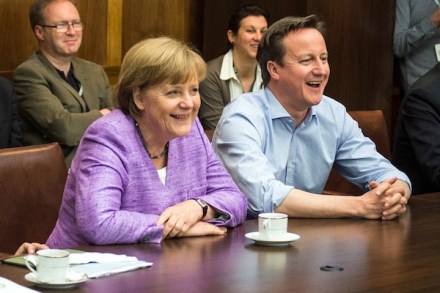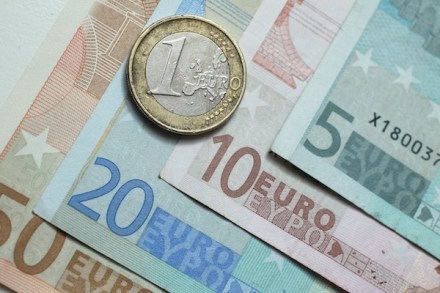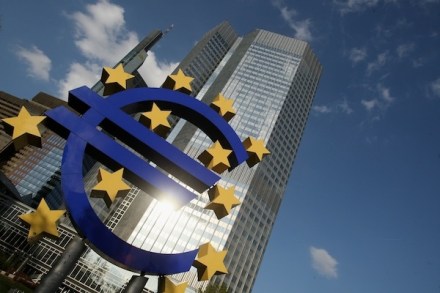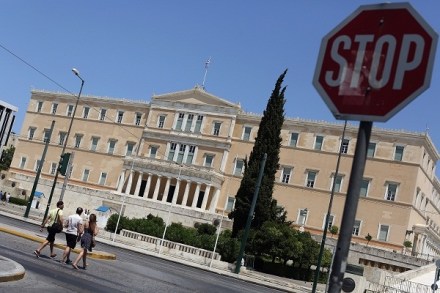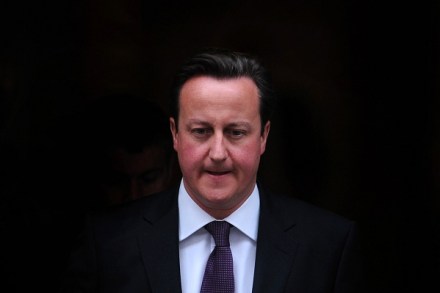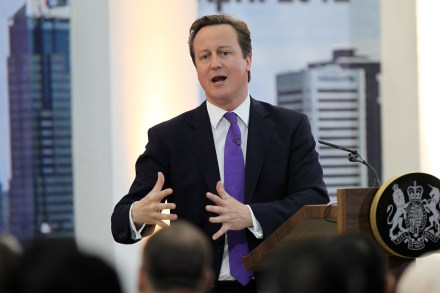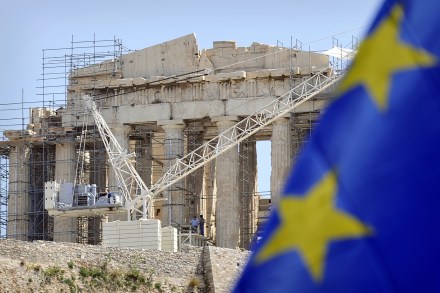The Brussels budget imbroglio
The EU budget negotiation, now a month away, promises to be David Cameron’s next big European test. The Prime Minister has repeatedly declared that he wants to see the EU budget frozen at 2011 levels and that he’s prepared to use the need for unanimity to achieve that. The Economist this week has a very useful scene-setter for the budget talks. It sketches the contours thus: ‘Countries are coalescing around loose (yet often divided) groups. There are the ‘friends of cohesion’: the net recipients of regional spending, such as Poland, Hungary and the Baltic states. And there are the ‘friends of better spending’: the net contributors, such as Germany, France,
